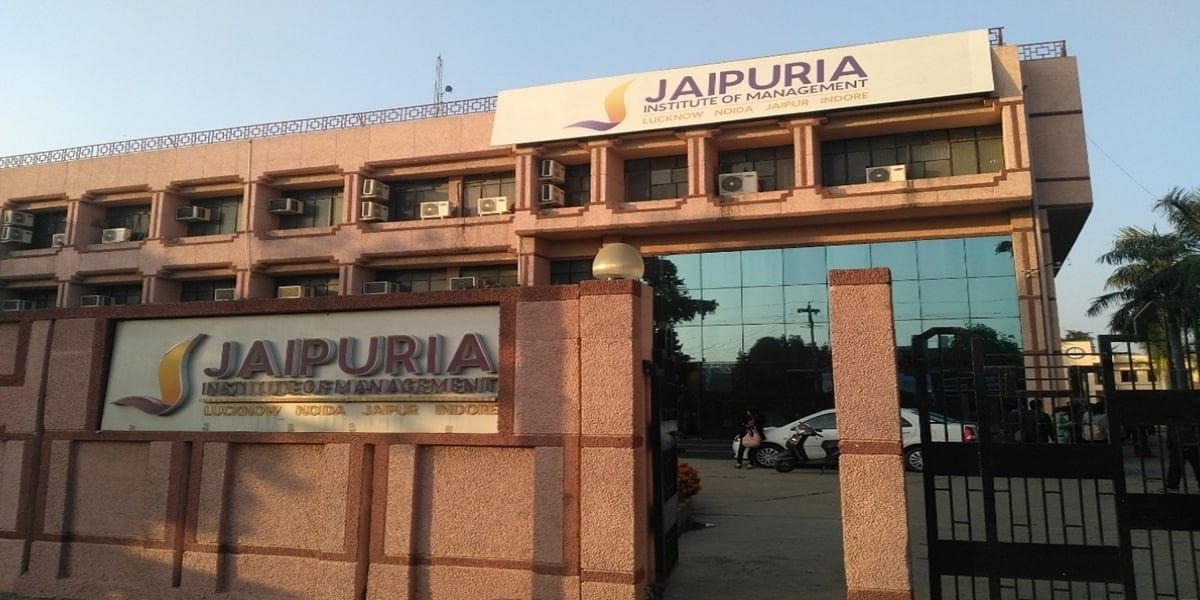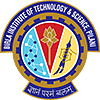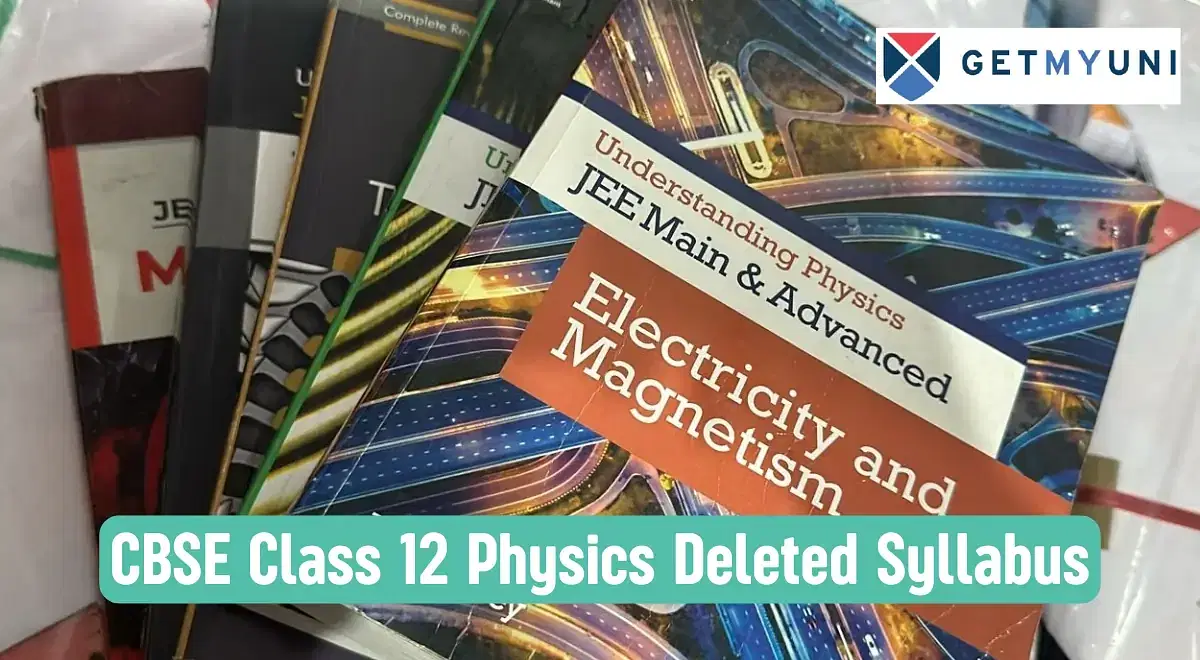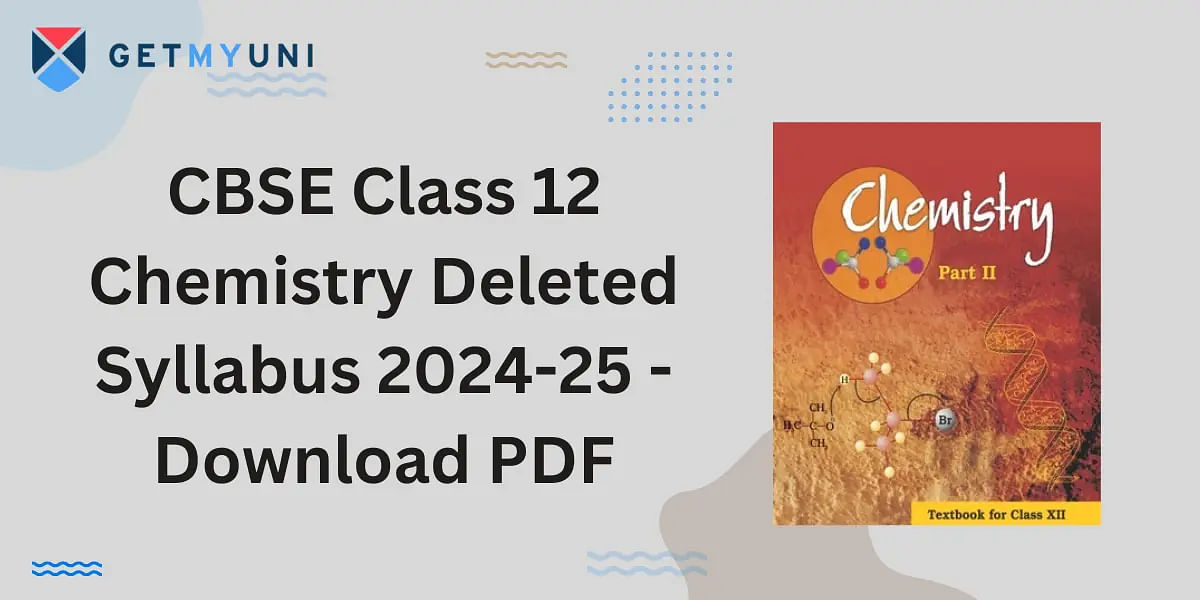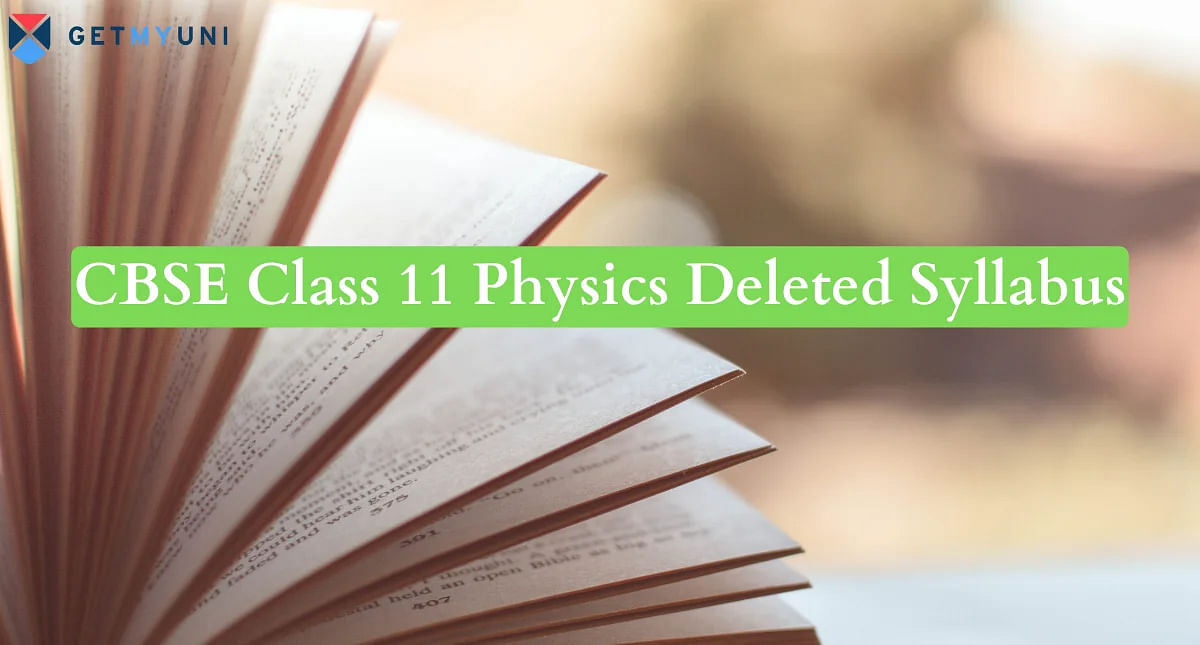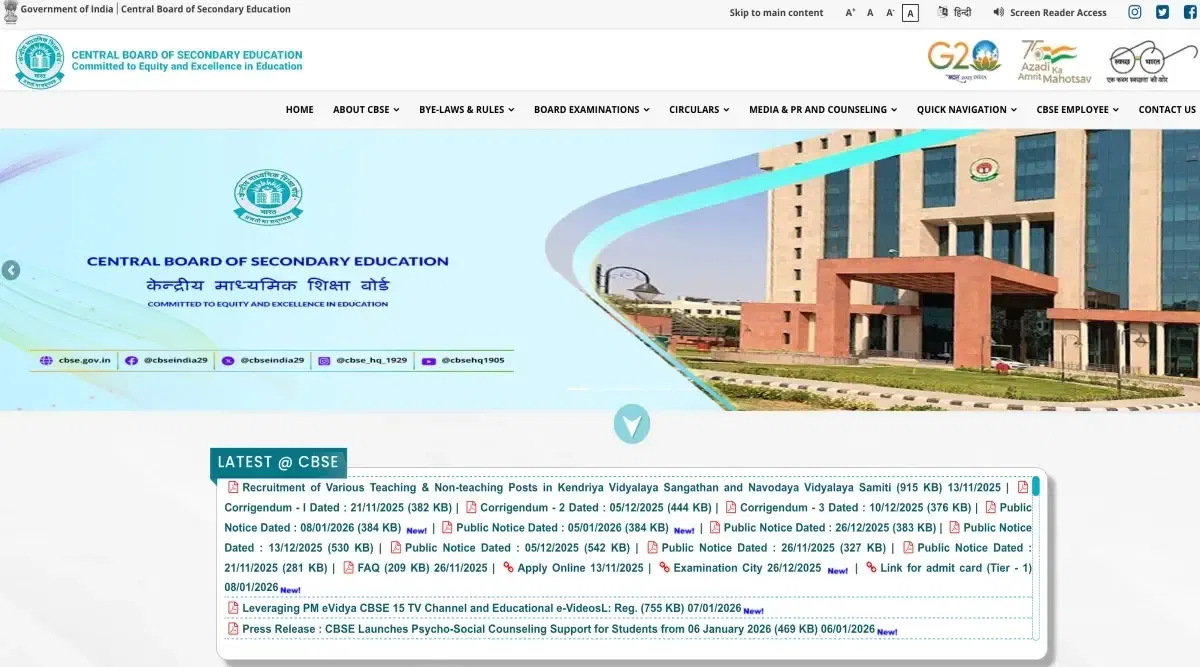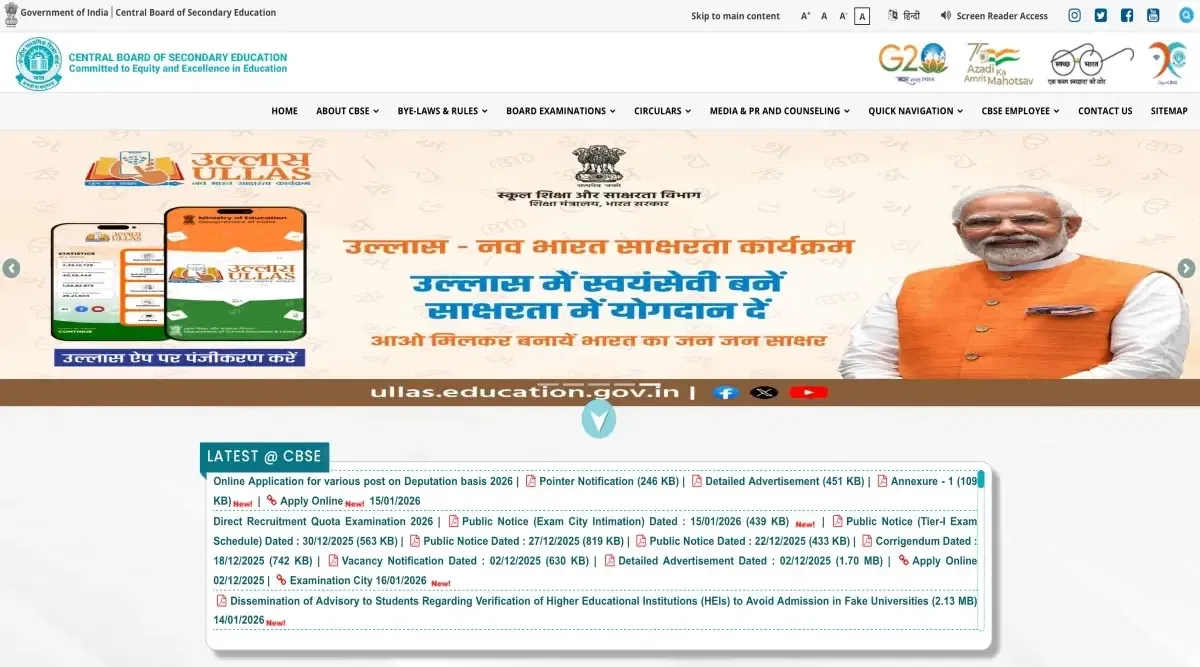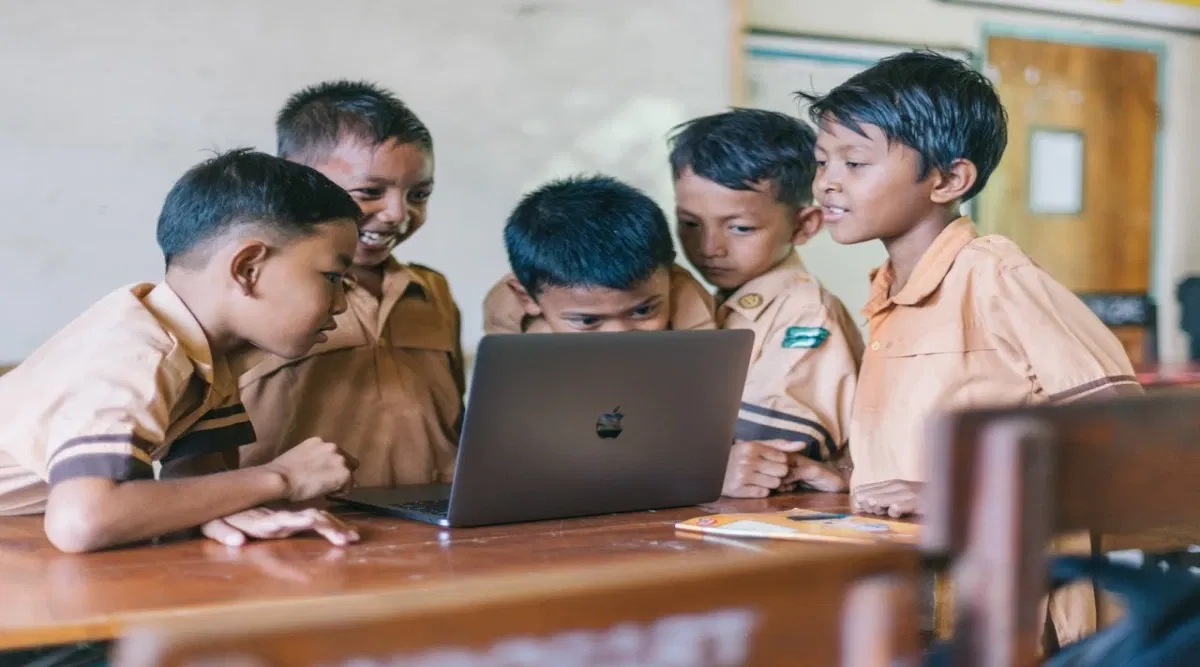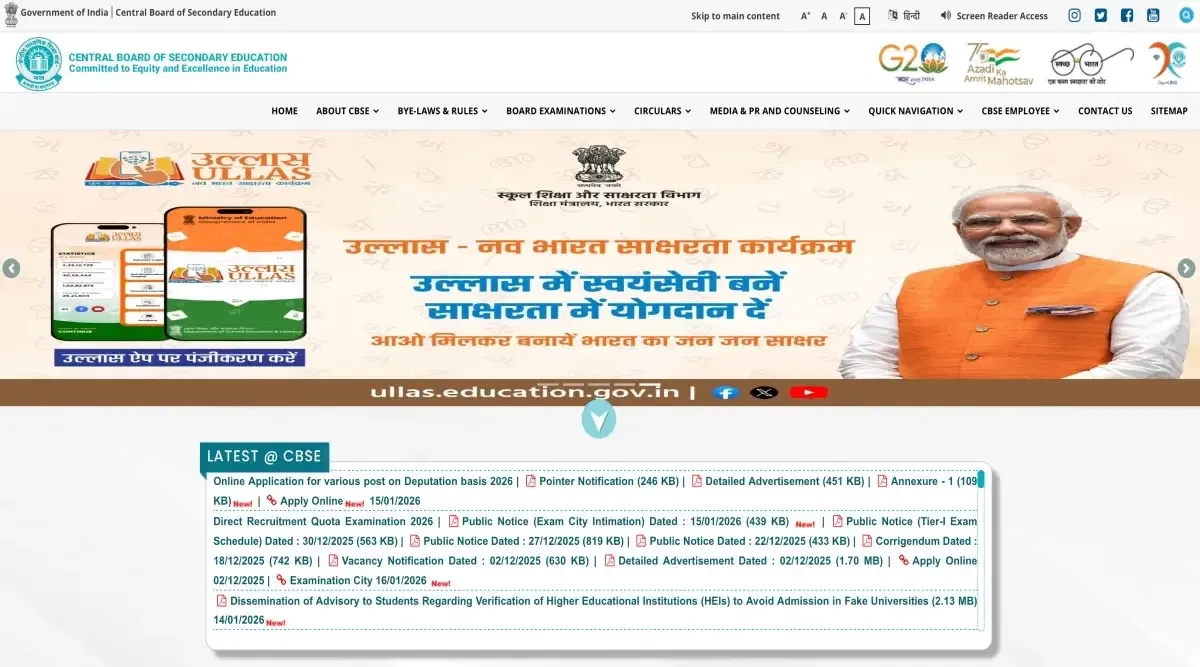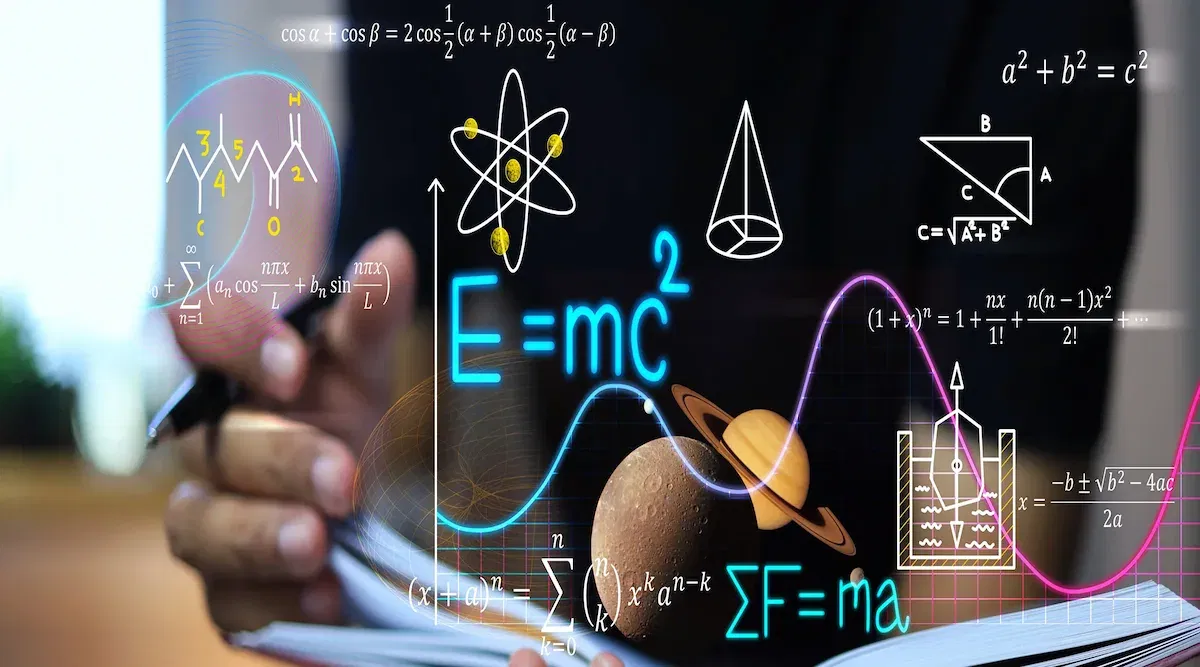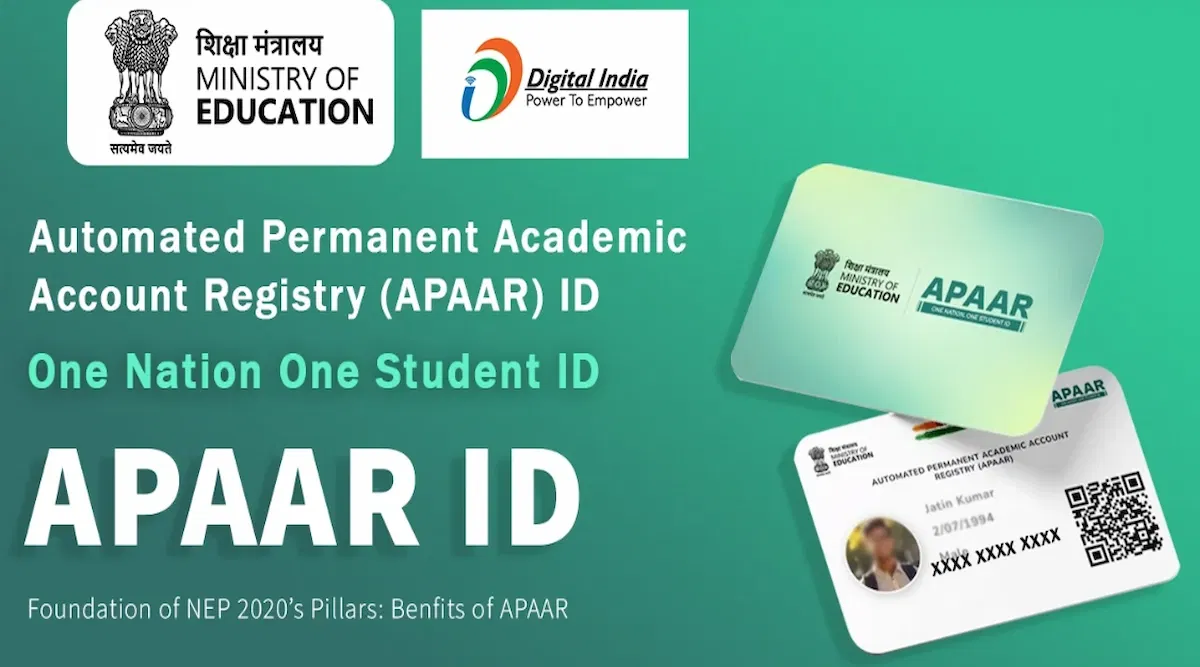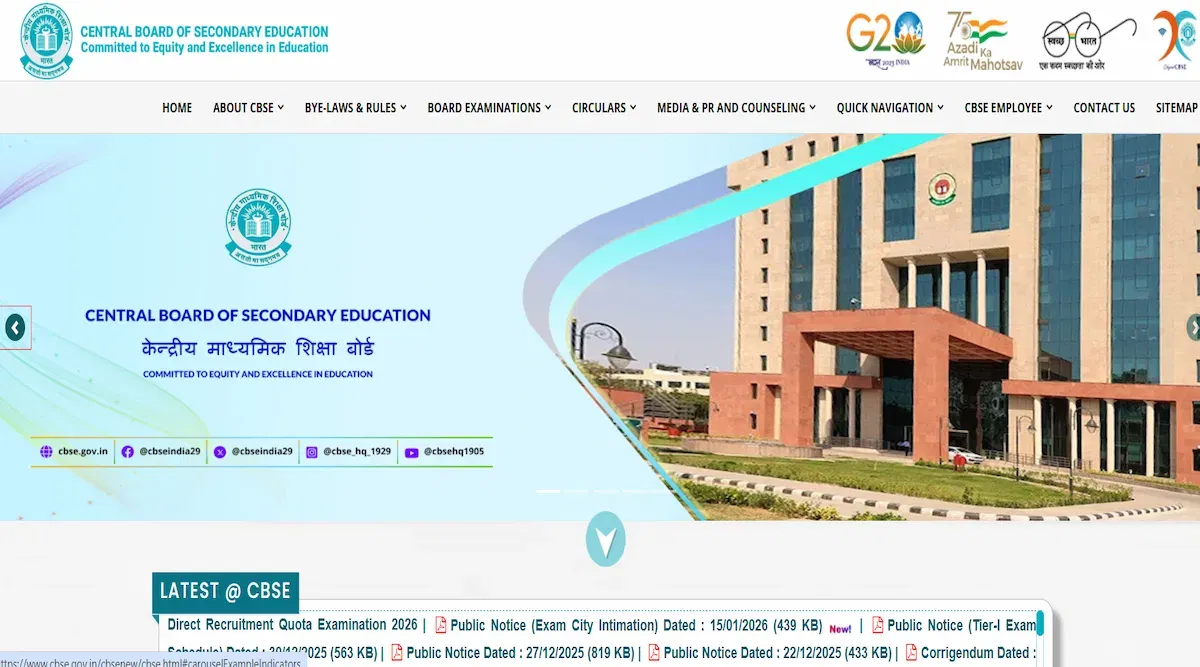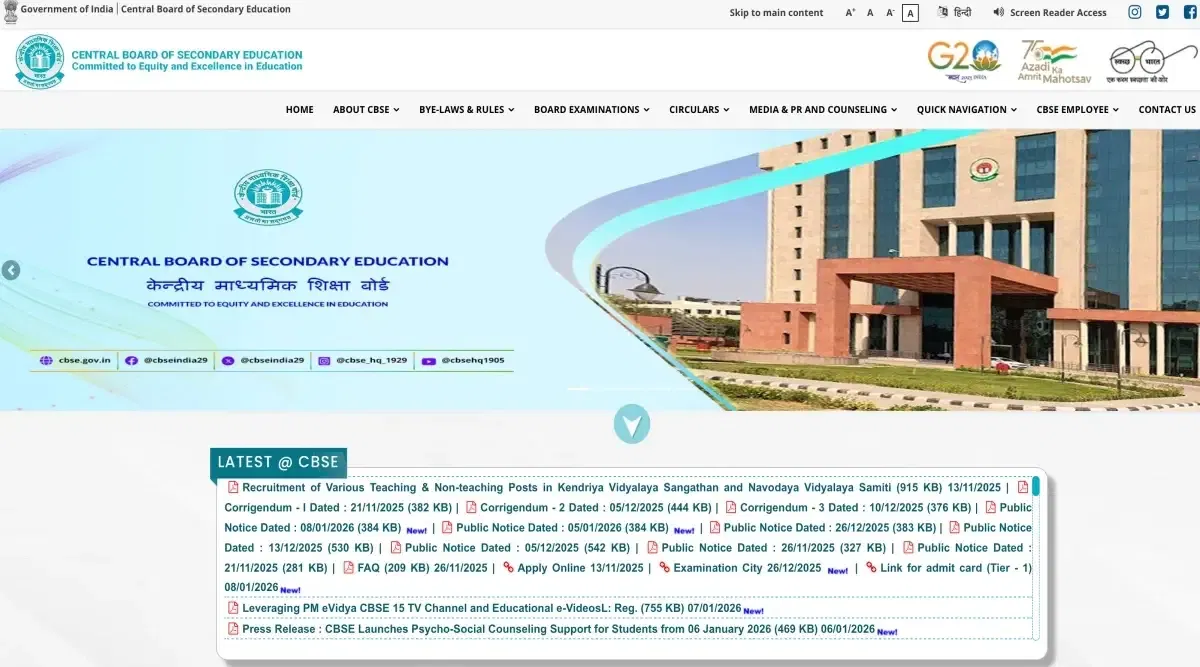CBSE Class 12 Economics Latest Syllabus 2025-26: Download Latest and Revised CBSE Class 12th Economics Syllabus PDF
Table of Contents
The CBSE Class 12th Economics Syllabus 2025-26 includes three parts, namely, Introductory Macroeconomics, Indian Economic Development, and Project in Economics. Further students will study detailed topics such as Money and Banking, Government Budget and the Economy, the Development Experience of India, and more. Students must review the entire CBSE class 12th syllabus to learn about the updated course structure and exam pattern.
The CBSE Class 12th 2025-26 Economics Syllabus includes coursework for the theory and practical exam. The CBSE 12th exam for Economics includes objective and subjective types of questions which are covered in the syllabus.
CBSE Class 12th Economics Syllabus 2025-26: Download PDF
The CBSE 12th exam for Economics carries a total of 100 marks. The first 80 marks are assigned for the theory exam and the rest of the 20 marks are allotted for the practical exam. Students can download the syllabus below and check all the chapters included in the syllabus.
| Particulars | PDF Link |
| CBSE Class 12th Economics Syllabus 2025-26 | Download Now |
CBSE Class 12th Economics Syllabus 2025-26: Unit-Wise
The syllabus for the CBSE 12th exam for Economics includes a total of 8 units. Candidates can refer to the unit-wise CBSE Class 12th Economics Syllabus 2025-26 listed below.
Part A: Introductory Macroeconomics
Unit 1: National Income and Related Aggregates
- What is Macroeconomics?
- Basic concepts in macroeconomics: consumption goods, capital goods, final goods, intermediate goods; stocks and flows; gross investment, and depreciation.
- Circular flow of income (two sector model); Methods of calculating National Income - Value Added or Product method, Expenditure method, Income method.
- Aggregates related to National Income
- Gross National Product (GNP), Net National Product (NNP), Gross Domestic Product (GDP), and Net Domestic Product (NDP) - at market price, at factor cost; Real and Nominal GDP.
- GDP and Welfare
Unit 2: Money and Banking
- Money – meaning and functions, supply of money - Currency held by the public and net demand deposits held by commercial banks.
- Money creation by the commercial banking system.
- Central bank and its functions (example of the Reserve Bank of India): Bank of issue, Govt. Bank, Banker's Bank, Control of Credit through Bank Rate, CRR, SLR, Repo Rate and Reverse Repo Rate, Open Market Operations, Margin requirement.
Unit 3: Determination of Income and Employment
- Aggregate demand and its components.
- Propensity to consume and propensity to save (average and marginal).
- Short-run equilibrium output; investment multiplier and its mechanism.
- Meaning of full employment and involuntary unemployment.
- Problems of excess demand and deficient demand; measures to correct them - changes in government spending, taxes, and money supply.
Unit 4: Government Budget and the Economy
- Government budget - meaning, objectives, and components.
- Classification of receipts - revenue receipts and capital receipts;
- Classification of expenditure – revenue expenditure and capital expenditure.
- Balanced, Surplus, and Deficit Budget – measures of government deficit.
Unit 5: Balance of Payment
- Balance of payments account - meaning and components;
- Balance of payments – Surplus and Deficit
- Foreign exchange rate - meaning of fixed and flexible rates and managed floating.
- Determination of exchange rate in a free market, Merits and demerits of flexible and fixed exchange rate.
- Managed Floating exchange rate system
Part B: Indian Economic Development
Unit 6: Development Experience (1947-90) and Economic Reforms since 1991
- A brief introduction of the state of the Indian economy on the eve of independence. Indian economic system and common goals of Five Year Plans.
- Main features, problems, and policies of agriculture (institutional aspects and new agricultural strategy), industry (IPR 1956; SSI – role & importance), and foreign trade.
- Economic Reforms since 1991:
- Features and appraisals of liberalization, globalization, and privatization (LPG policy); Concepts of demonetization and GST
Unit 7: Current Challenges Facing the Indian Economy
- Human Capital Formation: How people become resource; Role of human capital in economic development; Growth of Education Sector in India
- Rural development: Key issues - credit and marketing - role of cooperatives; agricultural diversification; alternative farming - organic farming
- Employment: Growth and changes in workforce participation rate in formal and informal sectors; problems and policies
- Sustainable Economic Development: Meaning, Effects of Economic Development on Resources and Environment, including global warming
Unit 8: Development Experience in India
- A comparison with neighbors
- India and Pakistan
- India and China
- Issues: economic growth, population, sectoral development and other Human Development Indicators
Part C: Project in Economics
Prescribed Books:
- Statistics for Economics, NCERT
- Indian Economic Development, NCERT
- Introductory Microeconomics, NCERT
- Macroeconomics, NCERT
- Supplementary Reading Material in Economics, CBSE
Note: The above publications are also available on Hindi Medium.
CBSE Class 12th Economics Marks Distribution
The total marks distribution for CBSE Class 12th Economics Syllabus 2025-26 is tabulated below.
| Units | Topics | Marks | Periods |
| Part-A | Introductory Macroeconomics | ||
| National Income and Related Aggregates | 10 | 30 | |
| Money and Banking | 06 | 15 | |
| Determination of Income and Employment | 12 | 30 | |
| Government Budget and the Economy | 06 | 17 | |
| Balance of Payments | 06 | 18 | |
| Total | 40 | ||
| Part-B | Indian Economic Development | ||
| Development Experience (1947-90)and Economic Reforms since 1991 | 12 | 28 | |
| Current Challenges Facing the Indian Economy | 20 | 50 | |
| Development Experience of India – A Comparison with Neighbours | 08 | 12 | |
| Total | 40 | ||
| Part-C | Project Work | 20 | 20 |
CBSE Class 12th Economics Project Guidelines
The objectives of the project work, per CBSE Class 12th Economics Syllabus 2025-26 are to enable learners to:
- Probe deeper into theoretical concepts learned in classes XI and XII.
- Analyse and evaluate real-world economic scenarios using theoretical constructs and arguments.
- Demonstrate the learning of economic theory.
- Follow up aspects of economics in which learners have an interest.
- Develop the communication skills to argue logically.
The expectations of the project work are:
- Learners will complete only ONE project in each academic session.
- The project should be 3,500-4,000 words (excluding diagrams & graphs), preferably hand-written.
- It will be an independent, self-directed piece of study.
Role of the teacher:
The teacher plays a critical role in developing the learners' thinking skills. A teacher should:
- Help each learner select the topic based on recently published extracts from the news media, government policies, RBI bulletin, NITI Aayog reports, IMF/World Bank, reports, etc., after detailed discussions and deliberations on the topic.
- Play the role of a facilitator and supervisor to monitor the project work of the learner through periodic discussions.
- Guide the research work in terms of sources for the relevant data.
- Educate learners about plagiarism and the importance of quoting the source of information to ensure the authenticity of research work.
- Prepare the learner for the presentation of the project work.
- Arrange a presentation of the project file.
Expected Checklist:
- Introduction of topic/title.
- Identify the causes, consequences, and/or remedies
- Various stakeholders and their effect on each of them
- Advantages and disadvantages of situations or issues identified
- Short-term and long-term implications of economic strategies suggested in the course of research
- Validity, reliability, appropriateness, and relevance of data used for research work and for presentation in the project file
- Presentation and writing that is succinct and coherent in the project file
- Citation of the materials referred to, in the file in footnotes, resources section, bibliography, etc.
Mode of presentation/submission of the Project:
At the end of the stipulated term, each learner will present the research work in the Project File to the External and Internal examiner, per the CBSE Class 12th Economics Syllabus 2025-26. Questions should be asked from the Research Work/ Project File of the learner. The Internal Examiner should ensure that the study submitted by the learner is her original work. In case of any doubt, authenticity should be checked and verified.
Marking Scheme:
CBSE class 12th marking scheme for the economics project is listed below. Marks are suggested to be given as:
| S.No. | Heading | Marks Allotted |
| 1 | Relevance of the topic | 3 |
| 2 | Knowledge Content/Research Work | 6 |
| 3 | Presentation Technique | 3 |
| 4 | Viva-voce | 8 |
| Total | 20 |
CBSE Class 12th Economics - Suggestive List of Projects
Some topics on which students can create a project as per the prescribed CBSE Class 12th Economics Syllabus 2025-26 are mentioned below.
- Micro and Small Scale Industries
- Food Supply Channel in India
- Contemporary Employment Situation in India
- Disinvestment Policy of the Government
- Goods and Services Tax Act and its Impact on GDP
- Health Expenditure (of any state)
- Human Development Index
- Inclusive Growth Strategy
- Self-help Group
- Trends in Credit Availability in India
- Monetary Policy Committee and its Functions
- Role of RBI in Control of Credit
- The Government Budget & its Components
- Trends in Budgetary Conditions in India
- Exchange Rate Determination – Methods and Techniques
- Currency War – Reasons and Repercussions
- Livestock – Backbone of Rural India
- Alternate fuel – Types and Importance
- Sarwa Siksha Abhiyan – Cost Ratio Benefits
- Golden Quadrilateral - Cost ratio benefit
- Minimum Support Prices x Relation between Stock Price Index and Economic Health of Nation
- Waste Management in India – Need of the hour
- Minimum Wage Rate – Approach and Application
- Digital India - Step Towards the Future
- Rain Water Harvesting – A Solution to Water Crises
- Vertical Farming – an alternate way
- Silk Route - Revival of the Past
- Make in India – The Way Ahead
- Bumper Production - Boon or Bane for the farmer
- Rise of Concrete Jungle - Trend Analysis
- Organic Farming - Back to the Nature
- Any other newspaper article and its evaluation based on economic principles
- Any other topic
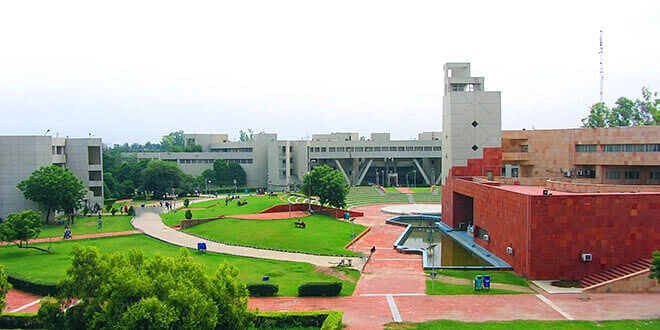



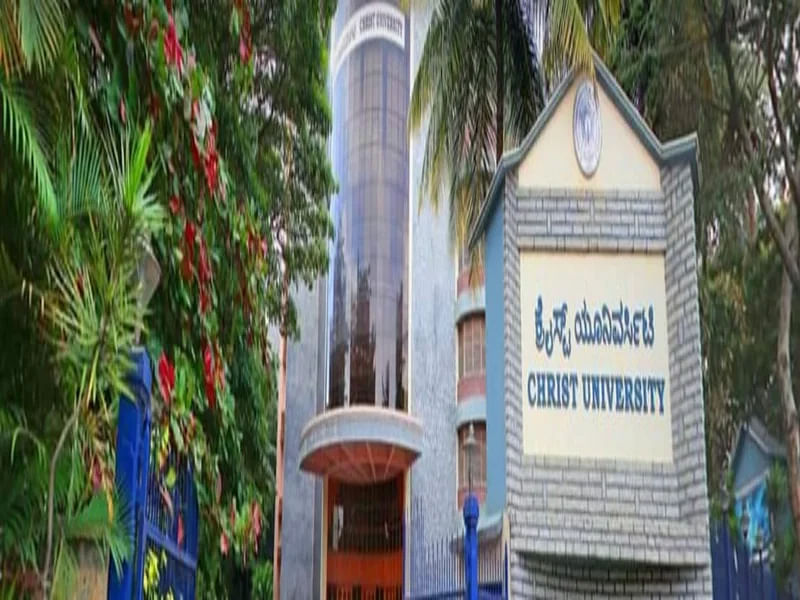
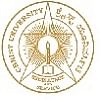
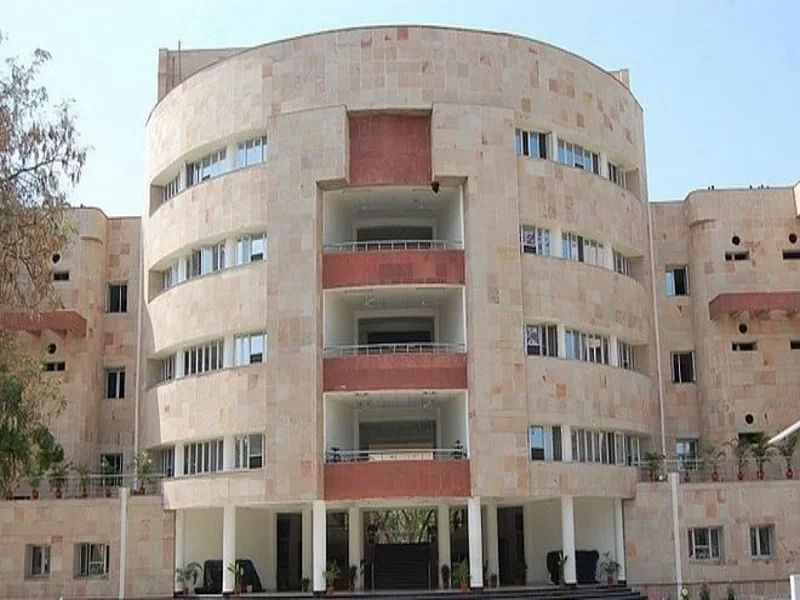
![Motilal Nehru National Institute of Technology, [MNNIT] Allahabad](https://media.getmyuni.com/azure/college-image/small/motilal-nehru-national-institute-of-technology-mnnit-allahabad.webp)
